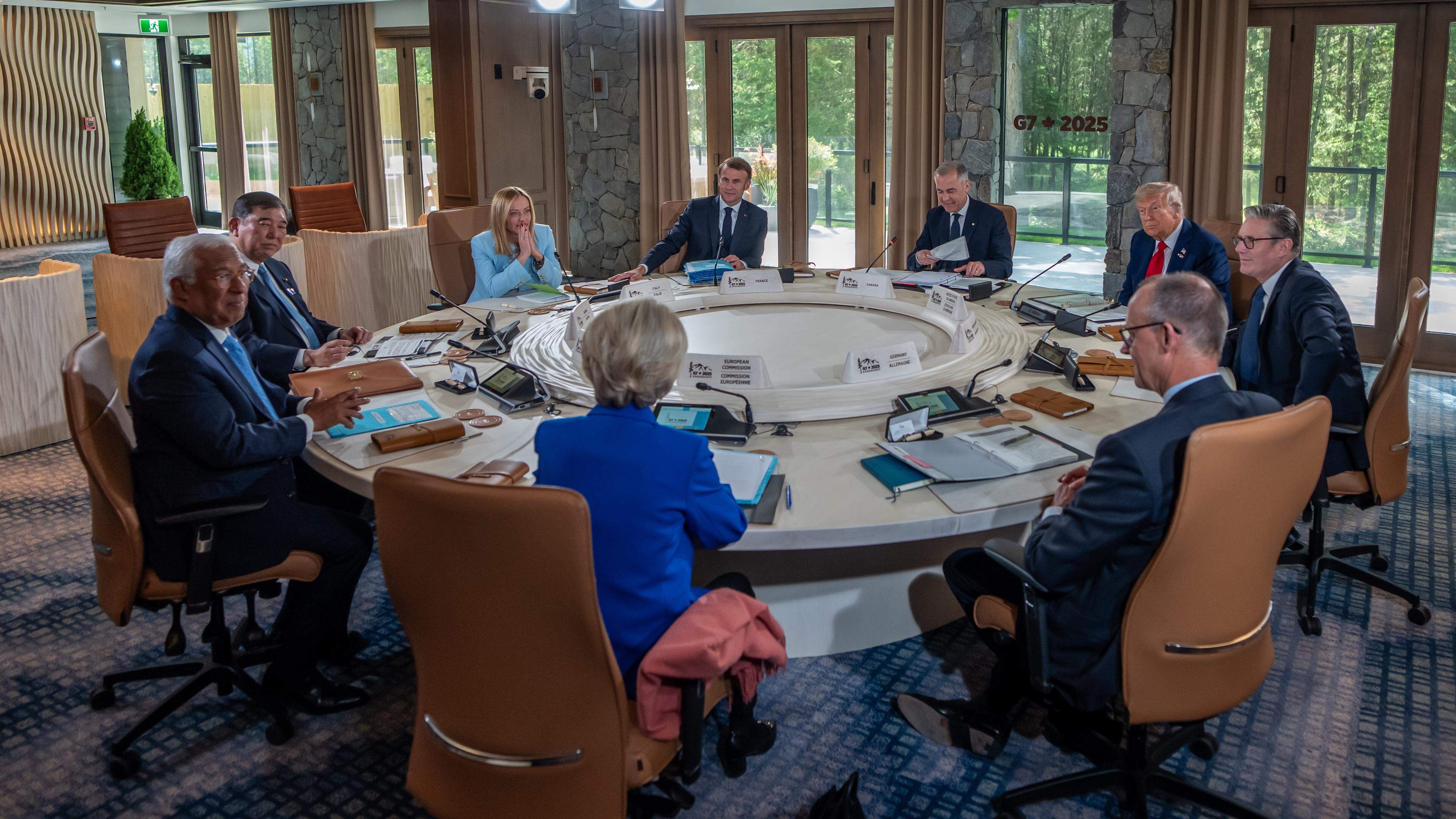Black scenarios in front of nuclear forces India and Pakistan: War, Water Crisis or both

The third night continued the firing between India and Pakistan in the contested cashmere after a terrorist attack broke their relationship to the bottom, unprecedented for years.
A total of 26 people were killed in Pahalgam when armed fire in the lively tourist area in the Indian state of Jamu and Kashmir, in the population mainly with Muslims, contested Kashmir – the most deadly attack for a quarter of a century. India responded to his diplomats from the Pakistani capital and expelled Pakistani from New Delhi, began an operation to capture the perpetrators and bombed homes related to the alleged perpetrators. Pakistan also kicked diplomats, closed his sky to India, and stopped trade with it.
On Sunday, India conducted naval exercises and published footage of warships from which rockets were fired. Pakistan was accused of using firearms through the Kashmir control line, and the Indian army explained that its forces had responded properly and in proportion.
| « There will be a military response and we are prepared. We are discussing the nature of the impact, » says « the highest level source in the government » in front of V. The Indian ExpressS « Since 2019, we have taken a series of measures to modernize our weapons. We have the option of targeting terrorists from our territory. » The words are in the context of the effort to trace and punish all « terrorists and their supporters » and (in the words of Prime Minister Narendra Modi) to be « pursued to all corners of the earth). However, the effects of escalation can go far beyond that. |
A former Northern Army Commander of India raises the bet even more with the words: « But not (it can be said to be completely the use of ground forces. You can use them in different ways. You may have different types of purposes. »
India lowered relations with Pakistan after attacking dozens of casualties in Kashmir
« Pakistan condemns all forms of terrorism and has no connection with the attack in Pahalgham, » Prime Minister Shehbaz Sheriff said on Sunday. So far, however, there is no indication that India will retreat.

In the country with a population of over 240 million people and nuclear weapons – as India has – anxiety also causes the threat of the neighboring Asian giant to stop access to the waters of the Indus River, which are governed by a special bilateral contract.
Risks
The river springs from Tibet and, passing through the Indian province of Ladah (and the contested cashmere), it reaches several areas in Pakistan. For Punjab, a province with a population of 127 million people, access to the waters is a matter of national security.
- Most of the agricultural production of the Islamic Republic comes from Punjab, for which Indus is also a major source of drinking water.
- The river depends on farmers cultivating 80% of the whole land – over 16 million hectares.
- Agriculture forms a quarter of the gross domestic product of Pakistan.
India has already announced the termination of the contract on Wednesday, warning that Pakistan should withdraw its support for cross -border terrorism. Islamabad also makes warnings: if India takes a step towards stopping or diverting water from Pakistan, this will be considered a war.
Renegotiation
The 1960 treaty, which resisted three (after its signing) wars, divides the waters of the tributaries; Pakistan falls most of the stream – 80%. Pakistan controls most of the waters of the Indus, Chenab and Jello rivers, with India obliged to provide the possibility of flowing water freely to the neighboring country.
A new Srebrenica is set in Kashmir, Pakistan warned
The decision of the Modi Government on the Treaty of the Water of the Indus is fully justified and meets the national interest. We will guarantee that not a drop of Indus River water will reach Pakistan.
Chandrakant Raghunat Paatil. Minister of Water Resources
India is already stopping to share hydrological data from several river areas in India and plans to stop transmitting flood warnings, and this can make it difficult for planning in Pakistan – a problem for agriculture and energy.

The country has previously threatened to withdraw from the contract, including in 2016 and 2019; It is yet to be seen whether it will take more steps in this direction, according to some observers the ball is in Pakistan.
For New Delhi, this may be an opportunity to renegotiate the agreement that the Narendra Modi government has been striving for years. A signal also came from a letter sent on Thursday, describing the changing circumstances to the country for 65 years after the contract was signed: a larger population, which has increased in demand for clean energy sources.
Pakistan’s reaction
And if this is not an attempt to renegotiate? In both cases, a lot depends on the reaction of Pakistan.

India reported that she had accidentally fired a Pakistan rocket wings
A special problem for Islamabad is the shortage of water lately even without the threat of stopping the flow of Indus. Last month, Valti warned that in Pengjab the shortage could reach 35% at the end of the current agricultural season. Retention of water level information as monsoons approach, it can also be dangerous for Pakistani farming.
At the same time, Pakistan tries to use good ties with China as trump card. Foreign Minister Ishak Dar talks on Sunday on the phone with my colleague Vas Van and; According to the message, the two are trying to « maintain close contact and coordination at all levels » in search of peace, opposing unilaterally declared decisions and hegemonic policies. Iran has also been helping to calm the passions.
In Pakistan, as well as in India, votes are heard to punish the perpetrators in order to suspend the collective punishment of the residents of the two sides of the escalation – and especially of the region in the event of a conflict.
« God sent me »: How to win the biggest choices in human history
But another declared action by Islamabad further increases the risk of conflict: Pakistan has announced that it is stopping participation in the agreement by Simla, determining the line of termination of fire in Kashmir.
Kashmir is divided between India and Pakistan by their independence in 1947. Each country claims to the whole region, but manages only parts of it. Of the four wars in the history of the two countries, only one – the one in 1971 – is not related to Kashmir. Rebel groups have been running an armed struggle since 1989, seeking either independence or unification of the Indian part with Pakistan.











